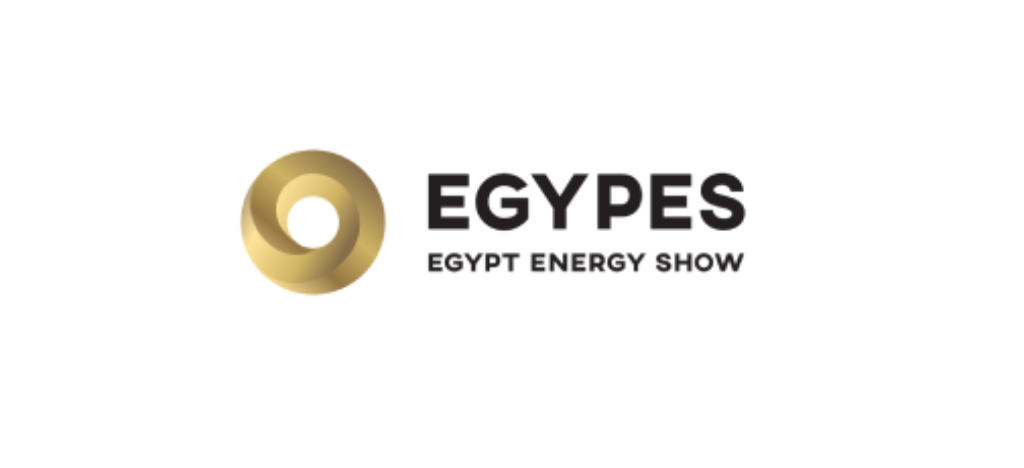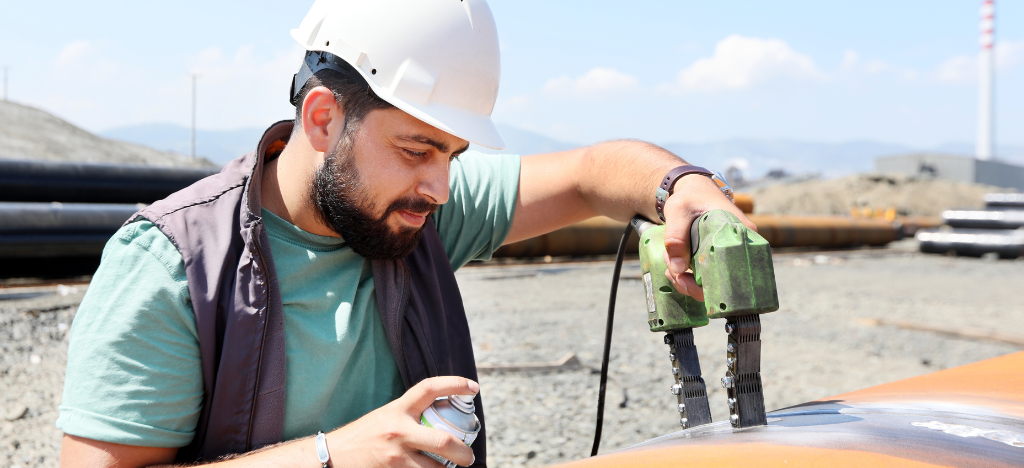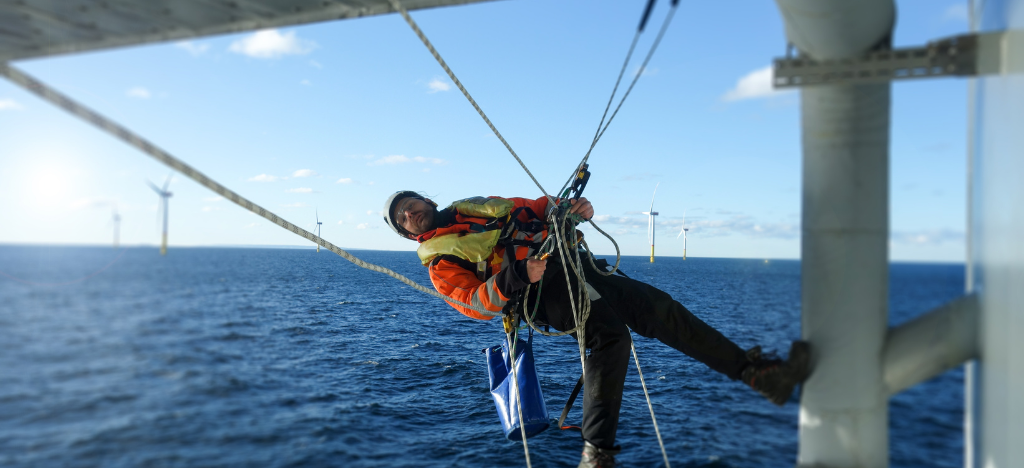beXel inspection software can Manage your lifting inspection process
Work equipment for lifting or lowering loads including its attachments (used for anchoring, fixing, or supporting the load). When speaking about lifting equipment, we also mean any lifting accessories that attach the load to the appliances in addition to the equipment which carries out the actual lifting function. We will guide you through how beXel manages lifting inspection
Lifting appliances means any mechanical device capable of raising or lowering a load, e.g. cranes, forklift trucks, powered hoists, manual hoists, lever hoists, beam trolleys, sheave blocks, winches, runway beams, mono-rail hoists, etc. Trucks with self-loading cranes are used at company worksites. Also, forklifts and mobile cranes are used at company worksites. beXel will help you manage lifting inspection.
Any lifting accessories before being put into service shall be certified by Company approved inspector.
beXel is one of the major global players in the digitalization of inspection and certification of lifting equipment such as cranes, lifting gear, and elevators.
We are your partner in delivering lifting equipment inspection and ensuring regulatory standards and requirements are met – ultimately to reduce the risk of accidents, unnecessary delays, or downtime and to ensure safe lifting operation. beXel is designed for Lifting and Rigging inspections, to manage and help in your business growth.
But why a lifting inspection certificate is important? And how will beXel manage lifting inspection?
With all lifting equipment, it is important that it is fit for purpose and safe to use. For new equipment, it is essential that it is designed correctly with calculations carried out. For a qualified engineer, however, for the end-user, the best way of proving suitability is through testing and certification. A thorough examination shall be carried out on all lifting equipment.
That is underwent repairs or any changes to the load-carrying component. The risk assessment shall be carried out by a lifting inspector prior to any test/inspection. Company Lifting Authority shall approve any deviations to this requirement and document them in respective equipment records. For all lifting equipment, there are two main types of certification and testing; Thorough Examination and Load Testing.
1- Thorough Examination:
A report of thorough examination must be supplied with any item of lifting equipment or any lifting accessory prior to its first use.
This is a requirement of the LOLER (Lifting Operations and Lifting Equipment Regulations) regulations and constitutes a visual inspection being carried out by a competent person to confirm no defects are present that could be detrimental to the operational safety of the equipment.
Operational safety of the equipment includes all new crane installations. and it includes any that are refurbished, modified, or moved. In some cases, this may also include cranes that have been heavily modernized.
beXel will send a report of a thorough examination Upon successful completion of a thorough examination. and that report should be kept by the customer for as long as the crane is in situ.
2- Load Testing:

In addition to the obligations of LOLER, there is also a responsibility to comply with any other requirements of any standards worked to during the manufacture or supply of lifting equipment or relevant to its location and use.
You will find out that, UK Standards require cranes and jibs to be proof load tested. and that upon installation and prior to first use. Each type of lifting equipment has its own testing. beXel support to manage all your lifting gear inspections. Using LEEA Certificate (LOLER) keeps you updated with the required compliance following the standards.
Online Equipment Register
This allows you to improve management and equipment tracking on a real-time basis. You will know the details of all existing lifting equipment and accessories. and these data shall be recorded. beXel will give you the ability to register each piece of equipment for a specific location. The Lifting Equipment Controller (LEC) is responsible for maintaining the register at each location.
Tailor-Made Certificates
Design your certificate structure and layout by using our powerful report builder.
“With conventional inspections expenses for health, safety, and environment in the oil, gas. Petrochemical industries will go up from $39 billion in 2019 to $56 billion in 2030.”
Now let us know more about LOLER: beXel manages lifting inspection

The Lifting Operations and Lifting Equipment Regulations (LOLER) are in place to ensure that all lifting equipment. And you need to use it in a safe manner. And You will need to comply with these regulations as you own lifting equipment. Which comes under the Health and Safety at Work Act.
LOLER also requires that all lifting equipment must undergo regular examinations by a qualified technician. You can mark and record any equipment you have using bexel. As well as reporting any defects.
To the person responsible for the equipment and the relevant enforcing authority (the HSE for industrial workplaces and the local authority in most others). It should be noted that a LOLER inspection, known officially as a ‘thorough examination’, is not the same as routine maintenance such as replacing worn or damaged parts, topping up fluid levels, or making minor adjustments. And beXel manages lifting inspection



